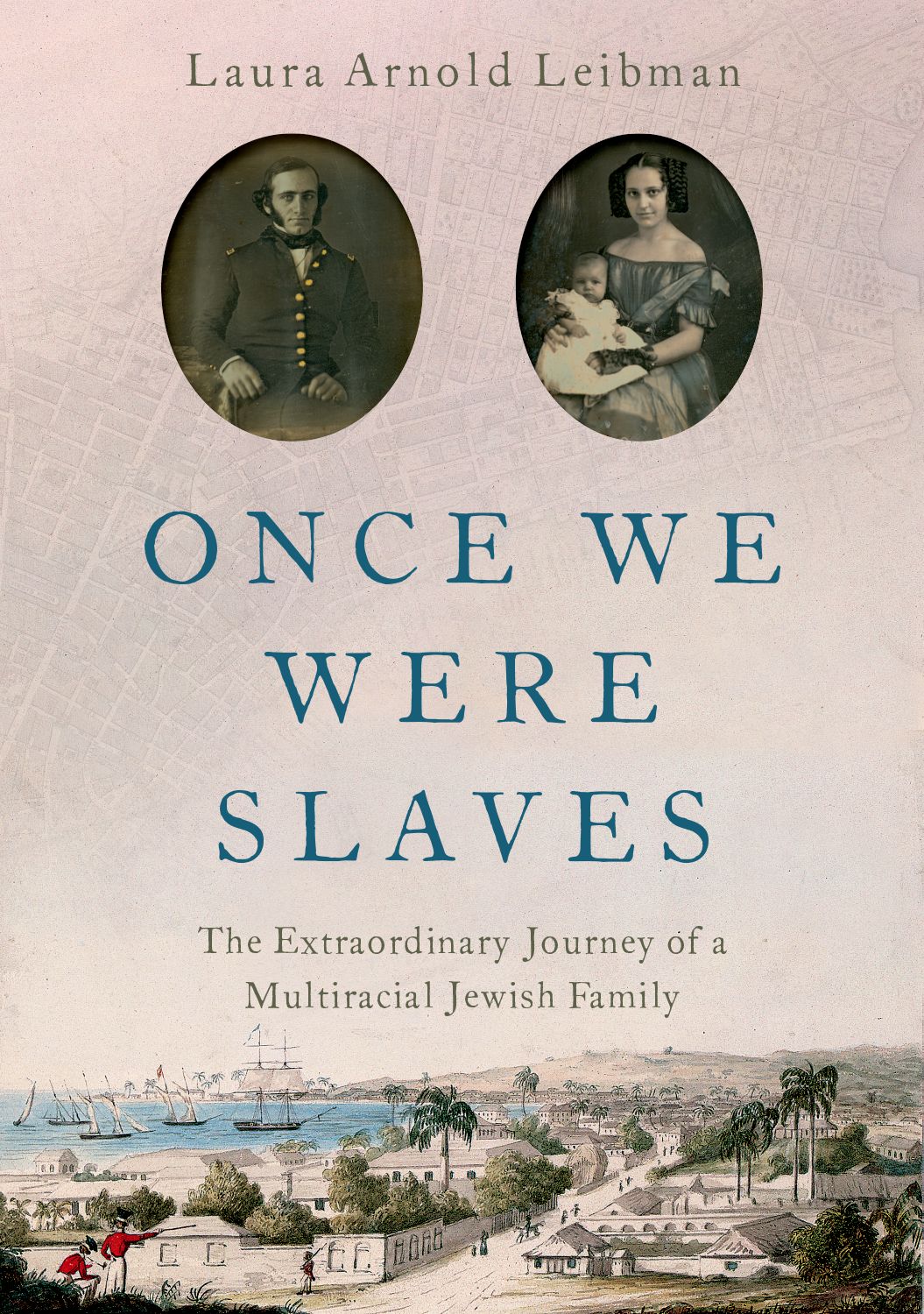Using family heirlooms to unlock the mystery of Moses's ancestors, Once We Were Slaves
overturns the reclusive heiress's assumptions about her family history to reveal that her grandmother and
great-uncle actually began their lives as poor Christian slaves in Barbados.
Tracing the siblings’ extraordinary journey throughout the Atlantic World, Leibman examines
artifacts they left behind in Barbados, Suriname, London, Philadelphia, and, finally, New York, to show
how Sarah and Isaac were able to transform themselves and their lives, becoming free, wealthy, Jewish,
and--at times--white. While their affluence made them unusual, their story mirrors that of the largely
forgotten population of mixed African and Jewish ancestry that constituted as much as ten percent of the
Jewish communities in which the siblings lived, and sheds new light on the fluidity of race--as well as on
the role of religion in racial shift--in the first half of the nineteenth century.
Laura A. Leibman is Professor of English and Humanities at Reed College in Portland, OR. Her
work focuses on religion and the daily lives of women and children in early America, and uses
everyday objects to help bring their stories to life. She is the author of Indian Converts (U Mass
Press, 2008) and Messianism, Secrecy and Mysticism: A New Interpretation of Early American
Jewish Life (Vallentine Mitchell, 2012), which won a National Jewish Book Award, a Jordan Schnitzer
Book Award from the Association for Jewish Studies, and was selected as one of Choice’s Outstanding
Academic Titles for 2013. Known, too, for her scholarship in Digital Humanities, Laura served as
the Academic Director for the award-winning multimedia public television series American Passages:
A Literary Survey (2003).
